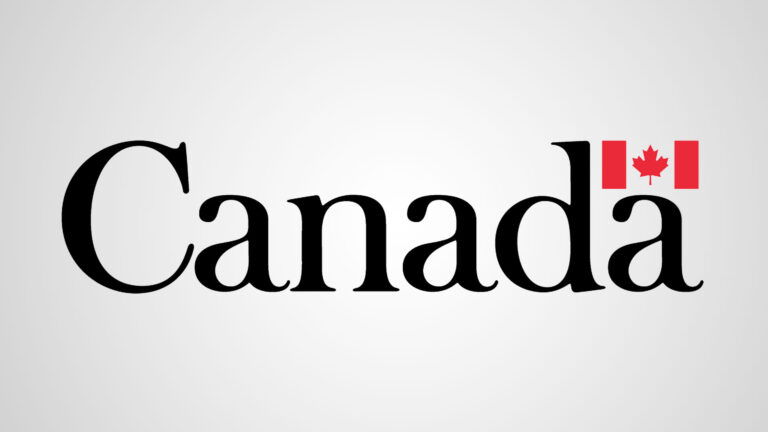
In October 2022, the Alberta government announced amendments to the Mental Health Services Protection Regulation under the Mental Health Services Protection Act. This introduced new Narcotic Transition Services. Alberta Health’s Narcotic Transition Services fact sheet provides more information about these changes, including detail about hospital-based exemptions to certain requirements.
The amended Regulation came into effect on March 4, 2023, including significant changes to the way certain opioids, referred to as “designated narcotic drugs,” may be prescribed, dispensed, compounded, and administered. Pharmacy teams must be aware of, and compliant with, the following:
- The Regulation defines a “designated narcotic drug” as any full-agonist opioid drug including hydromorphone, diacetylmorphine, oxycodone, morphine, and fentanyl; however, buprenorphine, slow-release oral morphine, and methadone (referred to as “conventional OAT treatment medications” in the Narcotic Transition Services fact sheet) are excluded from the definition.
- A pharmacist or other authorized regulated health professional may not prescribe, administer, compound, dispense, or sell a designated narcotic drug for opioid use disorder, except as permitted by the Mental Health Services Protection Regulation.
- A pharmacist or other authorized regulated health professional may only dispense a prescription of a designated narcotic drug directly to a patient if the prescription
- includes the indication for which the drug is being prescribed (i.e., on the TPP Alberta form), and
- is NOT indicated for an opioid use disorder.
- Any administration of a designated narcotic drug for an opioid use disorder must occur at the location of a licensed AHS clinic and supervised by an authorized regulated health professional. As of April 5, 2023, there are licensed AHS clinics operating in Edmonton, Calgary, Grande Prairie, Red Deer, Lethbridge, and Medicine Hat.
As of March 4, 2023, all patients must have been transferred to an eligible, licensed AHS clinic to continue receiving designated narcotic drugs to treat opioid use disorder.
Requirements for pharmacists
These amendments significantly affect how pharmacists deliver care to patients, particularly those who are being treated for opioid use disorder.
Pharmacists must
- collaborate with patients and prescribers to help transition care to/from Narcotic Transition Services programs when required,
- ensure every designated narcotic drug prescription dispensed has an indication provided by the prescriber,
- NOT dispense a prescription for a designated narcotic drug directly to a patient if the prescription is indicated for an opioid use disorder, and
- NOT renew a prescription for a designated narcotic drug for a patient if the indication is for opioid use disorder.
ACP encourages pharmacists to review their patient roster and identify any patients who may be affected by the amendments described above. Collaborate with prescribers to ensure your patients’ medication needs are met within the boundaries of this legislation.
Also, ACP has been informed that Alberta Blue Cross will be verifying compliance with the Regulation as part of its post-claim verification process. Please watch for more information in an upcoming Benefact.
Regulated members are reminded to review the Opioid Agonist Therapy Guidelines to provide care to those patients who have been transitioned by the program to methadone, buprenorphine, or sustained-release oral morphine.




